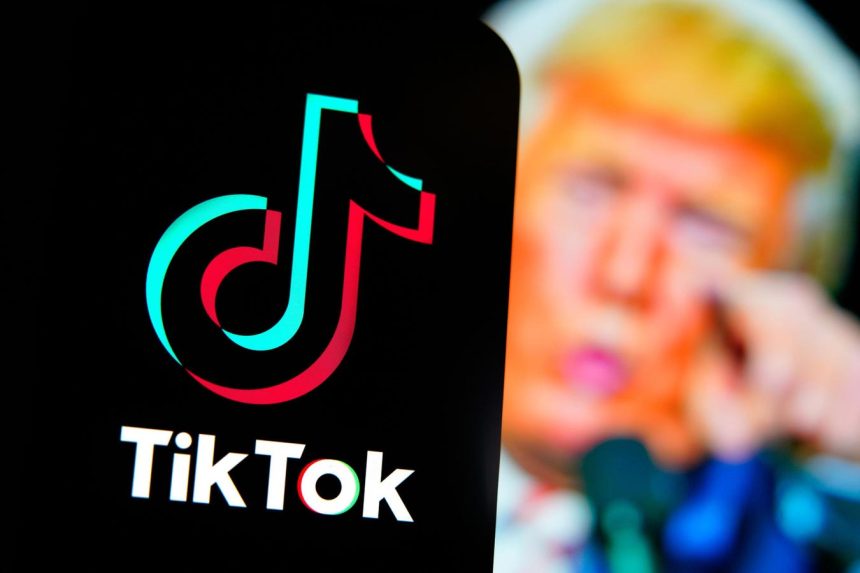The impending ban on TikTok in the United States, slated to take effect on January 19th, has sparked a legal battle with significant implications for presidential power and the enforcement of laws. TikTok’s request for a delay, based on the argument that the incoming Biden administration might take a different stance on the ban, raises fundamental questions about the separation of powers and the president’s duty to execute laws passed by Congress. While courts typically don’t halt laws simply because a future president may disagree with them, the Trump administration’s potential response to the TikTok ban could set a precedent extending far beyond social media platforms.
The crux of the legal debate revolves around the “Take Care” clause of the Constitution, which obligates the president to faithfully execute the laws. While interpretations of this clause vary, a prevailing view posits a presidential duty to carry out the will of Congress, regardless of personal preferences. In the context of the TikTok ban, this means the Trump administration faces a complex decision. While President Trump has expressed intentions to “save TikTok,” doing so through outright defiance of a congressionally passed law could create a slippery slope, potentially empowering presidents to selectively enforce or ignore laws they find unfavorable.
The Trump administration might choose to not enforce the TikTok ban while leaving the law on the books. This strategy, employed by previous administrations on issues ranging from antitrust to environmental regulations, involves a deliberate decision to not pursue penalties for non-compliance. However, in the case of TikTok, non-enforcement poses unique challenges. The ban includes significant financial penalties for American companies like Apple, Google, and Amazon if they continue to host the app. Even if the Trump administration pledged not to collect these fines, the threat of future enforcement by a different administration would likely deter these companies from risking substantial financial losses.
TikTok’s argument for a delay, hinging on the possibility that the incoming administration could render the case moot, holds little legal weight. Mootness, in legal terms, arises only when the underlying issue no longer requires a court ruling due to changed circumstances. Non-enforcement of a law doesn’t alter its existence or its potential impact. Furthermore, the Supreme Court has a history of hearing cases even when the government abandons its defense of a law, sometimes appointing alternative counsel to argue in favor of the law. This precedent suggests that even if the Trump administration chooses not to defend the TikTok ban, the Supreme Court might appoint another party to argue its merits.
While the TikTok ban law grants the president limited authority to issue a 90-day extension under specific conditions related to TikTok’s potential sale to a U.S. company, these provisions don’t address the fundamental constitutional questions at the heart of the legal challenge. The core issue remains whether the ban itself is constitutional, a question that requires judicial review regardless of the president’s stance on enforcement. The law does not empower the president to unilaterally prevent the law from taking effect.
The Trump administration’s handling of the TikTok ban holds broader implications for the balance of power between the executive and legislative branches. Previous instances of non-enforcement have sometimes faced legal challenges, as exemplified by a court ruling that found the Trump administration’s non-enforcement of the Affordable Care Act to be a violation of the “Take Care” clause. The TikTok case could further define the limits of presidential discretion in enforcing laws and potentially influence how future administrations approach laws they deem unfavorable, touching on diverse policy areas from election integrity to immigration.
The unfolding legal battle over the TikTok ban underscores the complexities of presidential power and the delicate balance between upholding the will of Congress and exercising discretionary authority. The Trump administration’s response will not only determine the fate of a popular social media platform but also potentially shape the future interpretation of the “Take Care” clause and the president’s role in enforcing laws. The case’s outcome could ripple far beyond the realm of social media, impacting the executive branch’s power to enforce or decline to enforce a wide range of laws across the policy spectrum.



